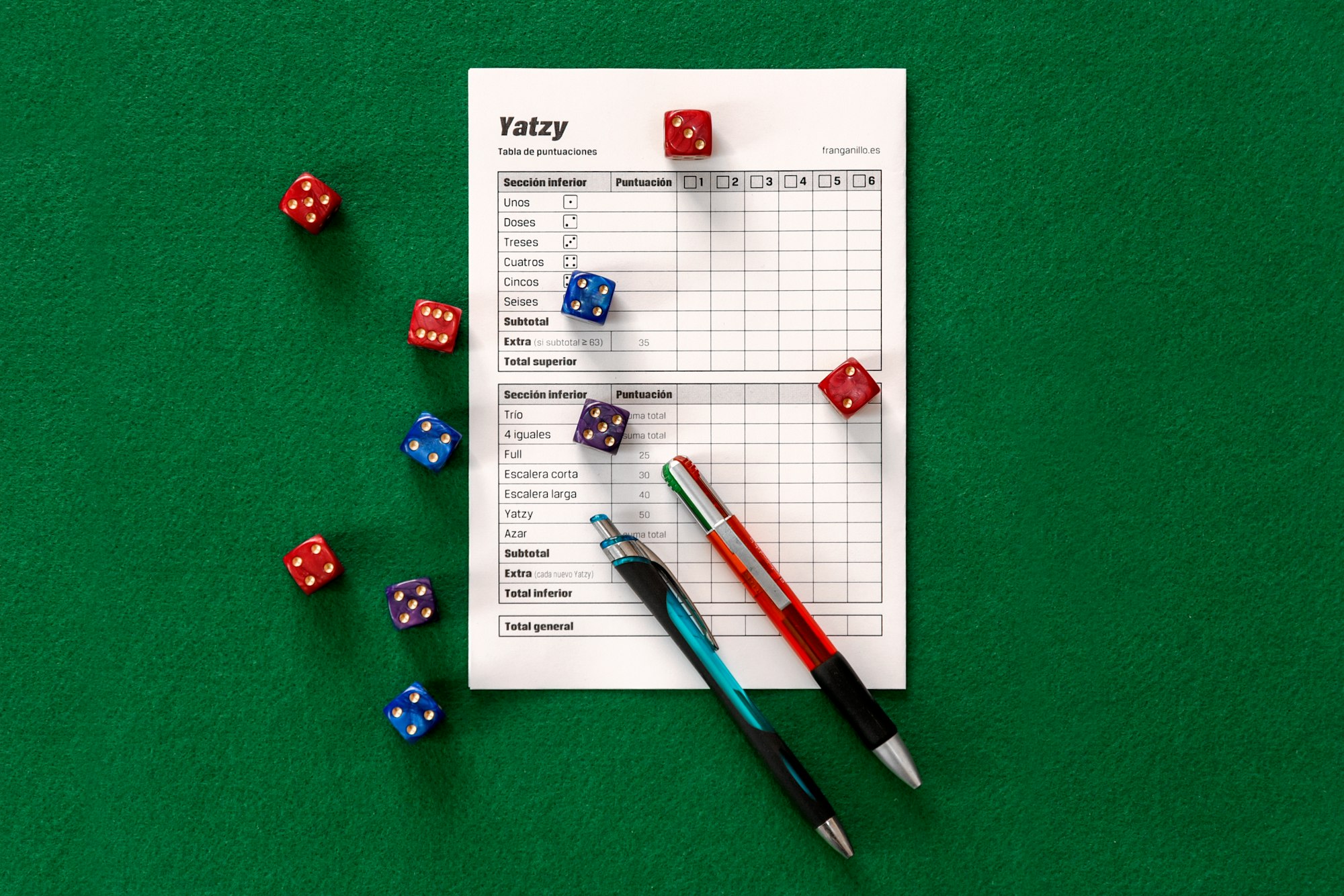
Who doesn't want a healthy, happy relationship with their partner? The problem here is no one's perfect – not you, not your partner. And unsurprisingly, two imperfect people will create an imperfect relationship. Do you know what's funny in a relationship which you feel perfect? We tend to find the loop hole, to find the flaw because we cannot believe our content feeling. And this, my friends, will lead you to always feeling unhappy or something missing.
Based on my current experience, there are several ways to embrace imperfection in our relationships and how doing so can actually strengthen what we already have.

Now close your eyes and think. How do you imagine a healthy relationship to look like?
Do you imagine that the relationship was flawless in terms of no one's hurting each other feelings?
Do you imagine that the intense passion that you experienced at the beginning of a relationship continued throughout the years?
Do you imagine a relationship with no arguments, with each partner contributing equally?
To be honest, I used to be the one who thinks like that. Well, at least some of those.
I don't want to be the one who bursts bubbles.
Still, sadly, a relationship like this only exists in a fairy tale of our imagination. Without blaming ourselves, we are conditioned to believe in this fairy-tale logic and that a perfect relationship is possible.
As long as you hold on to those ideas of a perfect relationship that you are expecting for you and your partner, you will be stuck in a fictional land that does not exist and, therefore, impossible to succeed in.
Let's dwell into 3 ideas of perfect love that could ruin your relationship.
1. You Assume That Happy Couples Don't Argue.

Arguments are unavoidable in all relationships. It is a massive misconception that happy couples get along all the time.
Can you imagine living with someone every minute for years and never running into an argument? No? Me neither. It would be like one of the episodes in Twilight Zone. In a phrase of disagreements, there is a difference between unhappy couples and happy couples. It's not that the happy couples don't fight, it's that they understand how to fight.
Do you know that 69% of the arguments you have with your partner are actually unsolvable? That's more than half of your fights! The key is to understand which problems both of you can solve and detached them from the arguments that you keep remaining gridlocked on.
2. Keeping The Score

It makes sense to believe that couples who are making equal contributions to each other and to the relationship are on the right track. Well, this is mainly true – it just depends on the grounds behind your contribution.
Quid Pro Quo is determined as a favour or advantage granted or presumed in return for something.
Is this how you want your relationship to work? Are you keeping score with a running number of all that you have done for your partner, and striving to match it up to what your partner has done for you, hoping that your totals are equal?
This is a lot of work! And, according to the research, it's also a signal that your relationship may be in trouble.
Do you really want your partner to have the running narrative in his head, something like, "I'm doing you a favor by sweeping the floor, now what are you going to do for me"? Wouldn't it be nicer if your partner was thinking, "I'm going to clean the house tonight to help her out (period – end of story)."
3. Confusion Between Infatuation And Love.

Do you remember when you initially started dating your partner?
Remember that butterfly feeling you had in your stomach when you were around them?
Did you think the giddiness and excitement in your gut were an indicator of love? And were you tricked into convincing that the love you once held for your partner had deteriorated when the butterflies vanished?
Don't feel bad over your perplexment. It was bound to happen. Again, we are fed fairy tales of romance and love and are flooded with puns like "love at first sight" or even "you had me at hello." With these two quotes, we are led to convincing that the fireworks feeling we encounter early on in the relationship is similar to love.
If you want to just take only one thing away from this post, take this: please realize that changing from passionate love to companionate love is a natural development of any relationship and is essential for an attachment bond to form between you and your partner.
Now you may be wondering how long you will be in this stage of infatuation. On average, passionate love lasts from around 18 months to 3 years before growing into a more stable, secure, and comforting love. When this switch happens, don't get freaked out and think you have fallen out of love with your partner. Enjoy the ride and be ready for having a long-term love that lasts throughout the years.
Remember, agree to disagree, don’t keep score, and enjoy companionate love. You will be surprise on how beautiful your happily imperfect relationship actually are.





